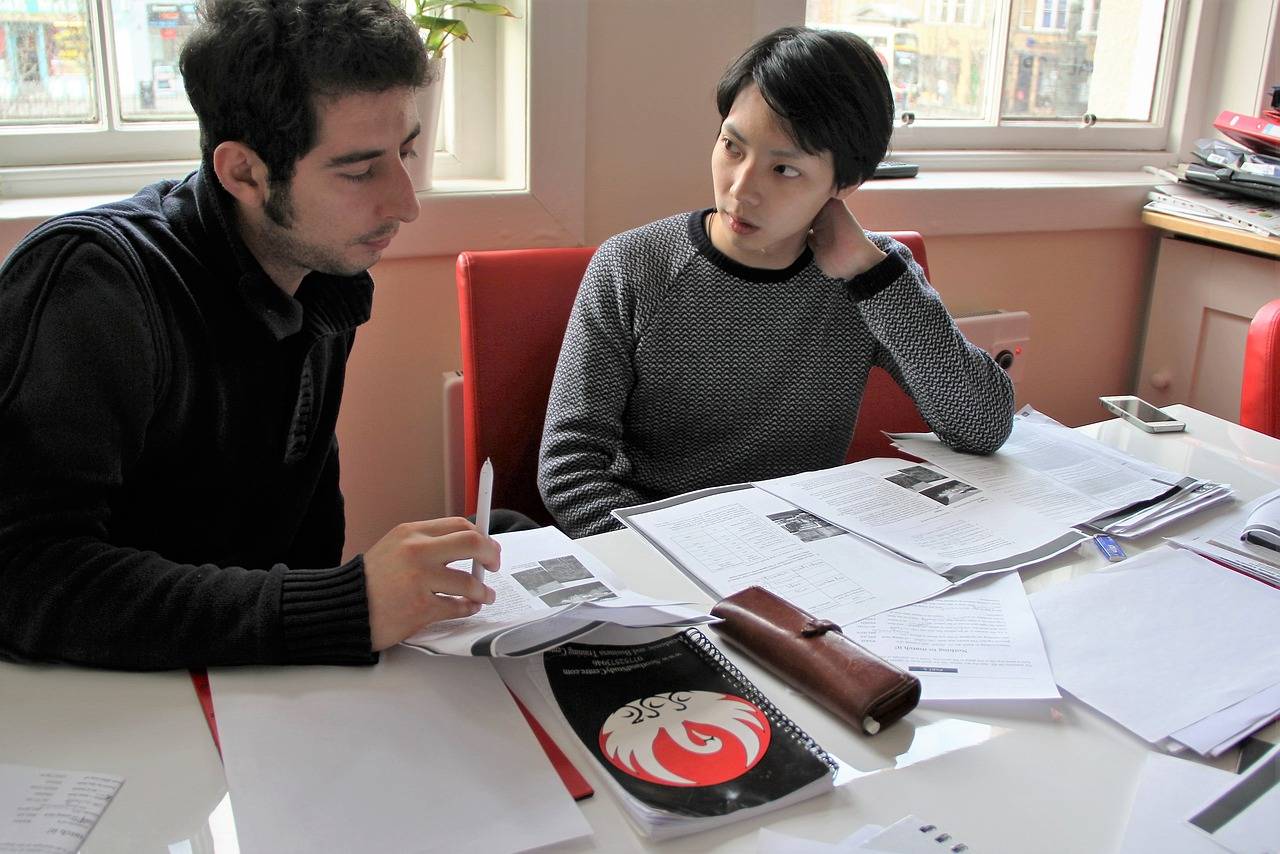Promoting Global Competence Through Collaborative International Research Projects
Collaborative international research projects offer a unique opportunity for researchers to expand their knowledge and expertise by working with colleagues from diverse backgrounds. This collaboration facilitates the sharing of ideas, methodologies, and resources that can lead to more innovative and impactful research outcomes. By working together across borders, researchers can access a broader perspective on their field of study and develop a more comprehensive understanding of complex global issues.
Furthermore, collaborative international research projects provide a platform for building strong professional relationships and networks that can last a lifetime. Through these partnerships, researchers can establish connections with experts from around the world, opening up new possibilities for future collaborations and career opportunities. The sharing of resources and expertise among international collaborators can also lead to more efficient and cost-effective research projects, ultimately benefiting the overall scientific community.
Understanding the Importance of Global Competence
Global competence plays a crucial role in today’s interconnected world. As businesses and organizations expand globally, the ability to navigate different cultures and work effectively across borders becomes increasingly essential. Understanding how to communicate, collaborate, and problem-solve with individuals from diverse backgrounds is key to success in an international setting.
Developing global competence not only enhances personal growth but also contributes to the overall success of collaborative international research projects. By fostering an environment of open-mindedness and cultural appreciation, researchers can leverage their diverse perspectives to tackle complex challenges and drive innovation on a global scale.
• Global competence is crucial in today’s interconnected world
• Navigating different cultures and working effectively across borders is essential
• Communication, collaboration, and problem-solving with diverse backgrounds are key to success in an international setting
Developing global competence not only enhances personal growth but also contributes to the overall success of collaborative international research projects. By fostering an environment of open-mindedness and cultural appreciation, researchers can leverage their diverse perspectives to tackle complex challenges and drive innovation on a global scale.
Building Bridges Between Different Cultures
Cultural diversity is a valuable asset that brings richness and depth to our global society. When individuals from different cultures come together to collaborate on projects, their unique perspectives and ideas contribute to innovative solutions and groundbreaking advancements. By building bridges between different cultures, we foster understanding, respect, and open communication that transcends geographical boundaries and unites us as a global community.
Embracing diversity and actively seeking out opportunities to engage with individuals from various cultural backgrounds can lead to a more inclusive and harmonious world. Through collaborative efforts, we can overcome barriers, break down stereotypes, and celebrate the beauty of our differences. By recognizing and valuing the unique contributions of each culture, we are able to create a tapestry of knowledge and experiences that enriches our collective journey towards a brighter future.
What are some key benefits of collaborative international research projects?
Collaborative international research projects allow for the sharing of diverse perspectives and knowledge, leading to more comprehensive and innovative solutions. They also help build relationships and networks across different cultures and countries.
Why is global competence important?
Global competence is important because it enables individuals to effectively navigate and communicate in diverse cultural environments. It helps foster mutual understanding and respect across different cultures, which is essential for building bridges between people from various backgrounds.
How can collaborative projects help in building bridges between different cultures?
Collaborative projects provide a platform for individuals from different cultures to work together towards a common goal. This allows for the exchange of ideas, perspectives, and experiences, ultimately fostering mutual understanding and building connections between people from diverse backgrounds.





